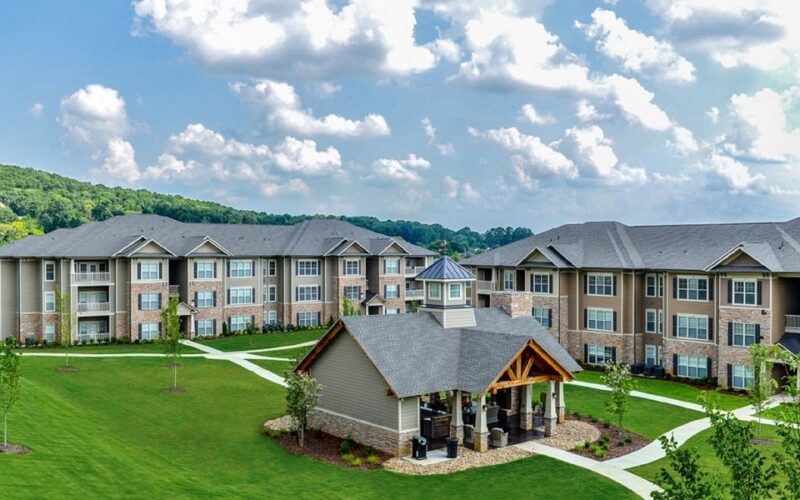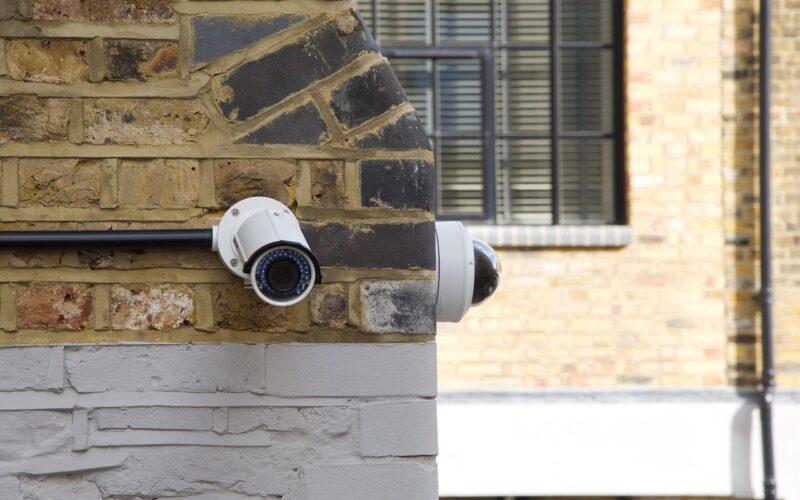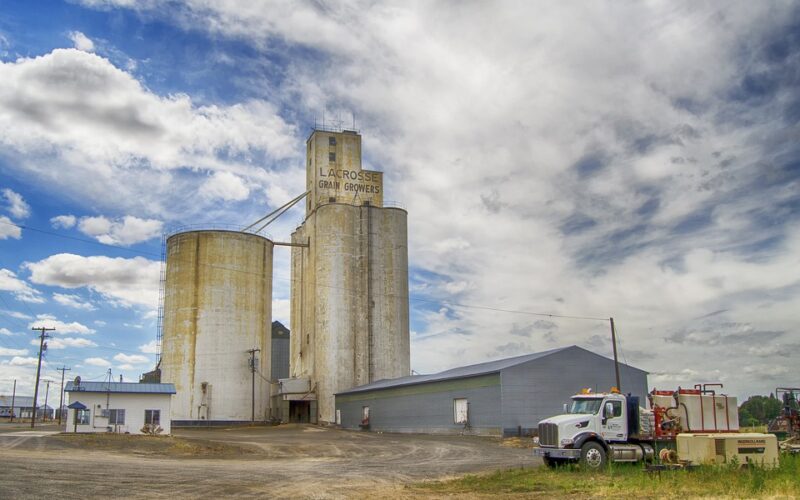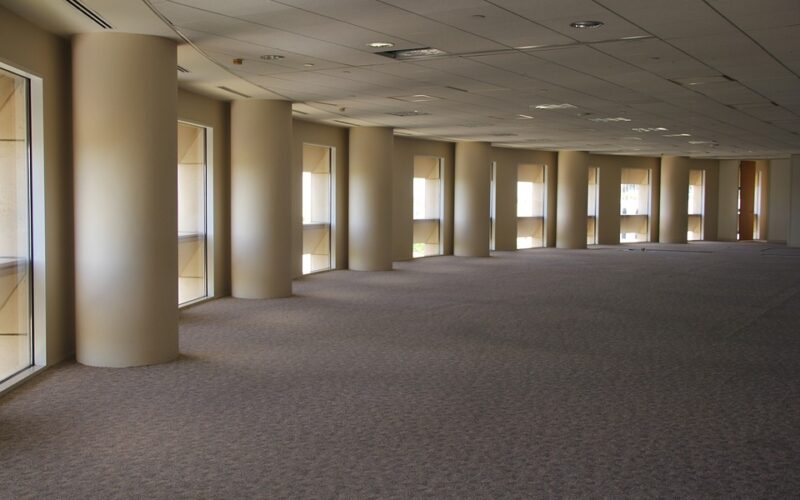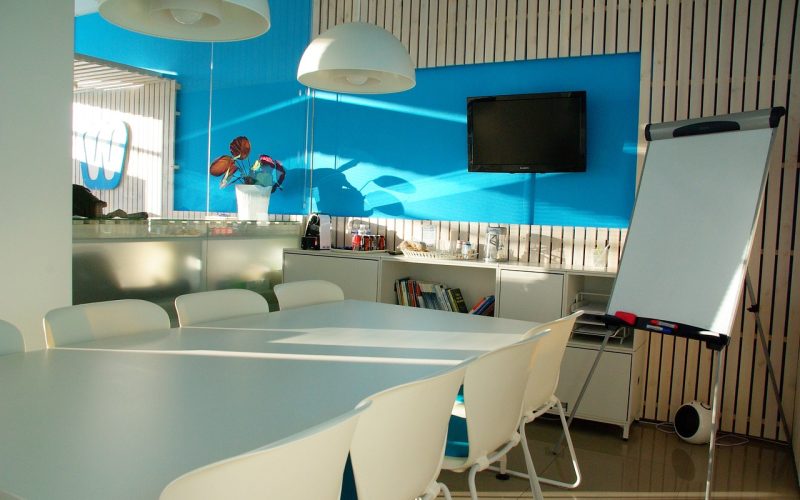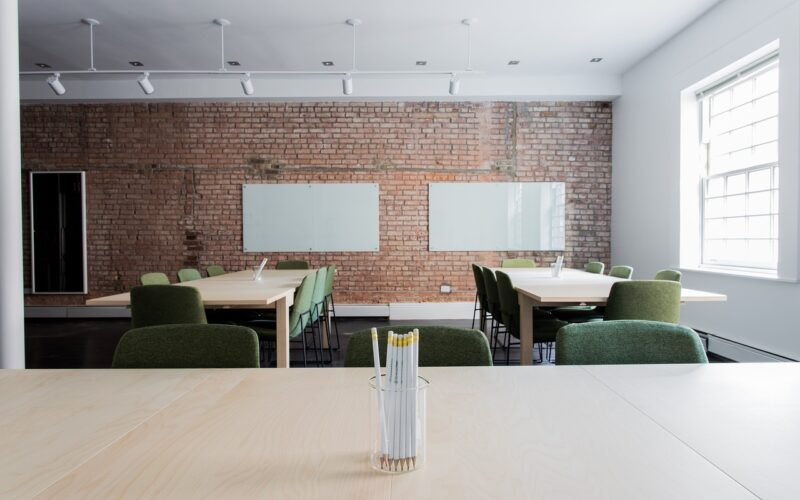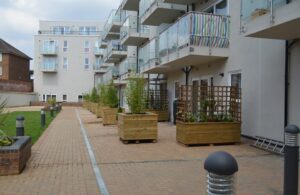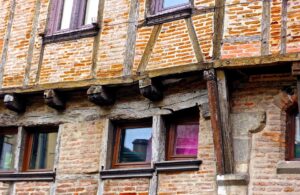The ongoing population surge poses significant challenges for the real estate sector, particularly in the availability and affordability of residential spaces. This growth, outpacing the current housing stock, necessitates a concentrated effort towards expanding residential new builds.
The lack of sufficient housing not only exacerbates the issue of homelessness but also drives up living costs, making affordability a dire concern for many. Consequently, the expansion of new residential builds becomes not just a matter of urban planning but a crucial step towards ensuring economic stability and social well-being.
Implementing green technologies
Expanding residential new builds also presents an opportunity to adopt more sustainable building practices.
With climate change concerns at the forefront, new constructions offer a clean slate for implementing green technologies and energy-efficient designs. This approach not only aligns with environmental sustainability goals but also promises long-term cost savings for occupants through reduced utility bills.
Furthermore, it enhances the overall quality of living, offering healthier living spaces and fostering a sense of community well-being.
The acceleration of new housing projects
However, the path to increasing the number of new builds is fraught with challenges, including regulatory hurdles, financing difficulties, and sometimes, community opposition. Streamlining the permitting process and providing incentives for developers can encourage the acceleration of new housing projects.
Local governments have a pivotal role to play in facilitating the development of new residential areas by adopting more flexible zoning laws and offering tax incentives to stakeholders.
Revitalisation of underdeveloped areas
The benefits of expanding residential new builds extend beyond merely providing shelter. They stimulate economic growth through job creation in the construction industry and related sectors.
The development of new communities also drives infrastructure improvements, enhancing access to essential services and amenities. This, in turn, can lead to revitalisation of underdeveloped areas, contributing to a balanced, sustainable urban expansion.
Risk of gentrification
Affordable housing remains a critical component of the expansion puzzle. Ensuring that a significant portion of new builds is dedicated to affordable housing units can mitigate the risk of gentrification and displacement in urban centres.
It allows for a diverse socio-economic mix within communities, fostering inclusivity and preventing the marginalisation of lower-income groups.
Urgent demand for new homes
Technological innovation in the construction sector, such as modular housing and 3D printing, offers promising avenues for speeding up the construction process and reducing costs.
Adopting these technologies can play a crucial role in meeting the urgent demand for new homes, making the expansion of residential builds more feasible and efficient.
Current housing crisis
The need to expand residential new builds is clear and pressing. It is essential for accommodating a growing population, promoting social equity, stimulating economic growth, and advancing sustainability.
Through collaborative efforts among governments, developers, and communities, it is possible to address the current housing crisis and pave the way for a future where everyone has access to affordable, quality homes.
